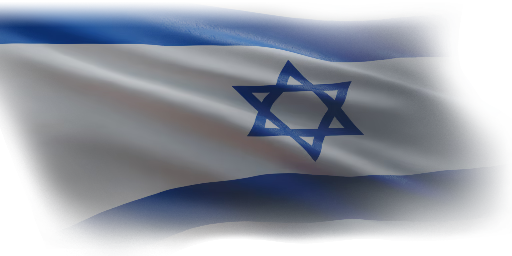
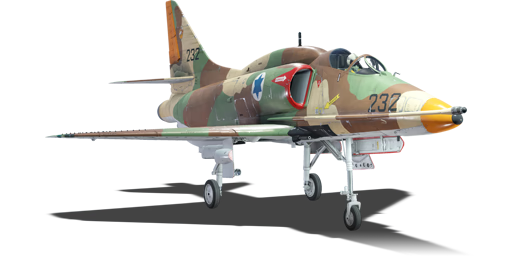


The A-4E was a major upgrade in the A-4 family. It improved avionics, navigation equipment, fitted a more powerful engine and even gave the aircraft the capability to carry more ordnance with the introduction of a total of six pylons. Israel were the largest export customer of the A-4, including 46 A-4Es supplied by the USA as replacements for lost Ayits during the Yom Kippur War. The A-4s were upgraded on several occasions, and were finally retired from Israeli frontline duty in 2008 and from training purposes in 2015.
Introduced as a premium pack in Update "Ground Breaking", the A-4E excels as a very multipurpose fighter. It has the speed and armament to be employed as a fighter but it also has enough ground ordnance to be useful in ground combat. Thanks to its excellent amount of bombs, rockets, and guided munitions, it can be used to destroy up to 2 full bases in air RB and score several kills with the AGM-62A guided bombs. Featuring the AIM-9B at its BR is nothing uncommon, but it makes the plane very dangerous for slow moving targets trapped in dogfights, since most planes that face the A-4E are not equipped with flares. Since the A-4E bleeds energy very fast, the 60 countermeasures it carries are very useful to evade missiles without having to dodge and lose energy like most fighters at the battle rating.
It was removed from the Gaijin store at the end of the 2023 May Sale. It was briefly made available for purchase with Golden Eagles for the 2023 "A-4E Maiden Flight Anniversary".
flaps
flaps
flaps
brake
| Belt | Belt filling | Armor penetration (mm) at a distance: | |||||
|---|---|---|---|---|---|---|---|
| 10 m | 100 m | 500 m | 1000 m | 1500 m | 2000 m | ||
| API-T/HEI/HEF | 35 | 32 | 21 | 13 | 8 | 5 | |
| HEI/API-T/API-T/API-T | 35 | 32 | 21 | 13 | 8 | 5 | |
| HEF/HEI/HEF/HEI/API-T | 35 | 32 | 21 | 13 | 8 | 5 | |
| HEF/HEI | 4 | 4 | 3 | 3 | 3 | 3 | |
| Name | Weight | Slot | ||||||
|---|---|---|---|---|---|---|---|---|
| 72.6 kg | 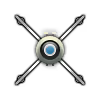 |  | ||||||
| 19 × | 229.6 kg | 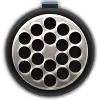 |  | |||||
| 4 × | 280.3 kg | 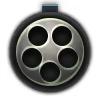 |  | |||||
| 117.9 kg | 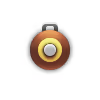 |  | ||||||
| 240.9 kg | 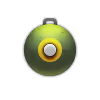 |  | ||||||
| 138.3 kg | 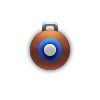 |  | ||||||
| 254 kg | 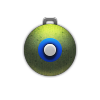 |  | ||||||
| 235.9 kg | 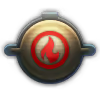 |  | ||||||
| 38 × | 459.3 kg | 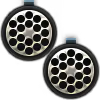 |  | |||||
| 8 × | 716.6 kg | 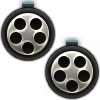 |  | |||||
| 6 × | 707.4 kg | 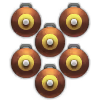 |  |  | ||||
| 3 × | 722.7 kg | 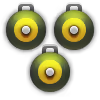 |  | |||||
| 6 × | 829.8 kg | 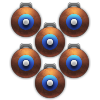 |  |  | ||||
| 3 × | 762 kg | 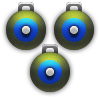 |  | |||||
| 362.4 kg | 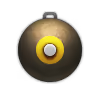 |  |  | |||||
| 446.8 kg | 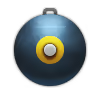 |  | ||||||
| 2 × | 471.8 kg | 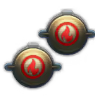 |  | |||||
| 510.3 kg | 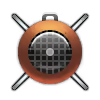 |  | ||||||
| 439.5 kg | 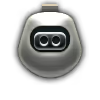 |  |  | |||||
| 57 × | 688.9 kg | 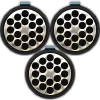 | ||||||
| 12 × | 840.8 kg | 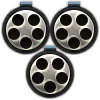 | ||||||
| 6 × | 1,445.4 kg | 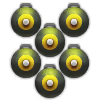 | ||||||
| 6 × | 1,524 kg | 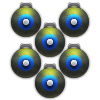 | ||||||
| 3 × | 1,340.4 kg | 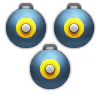 | ||||||
| 893.6 kg | 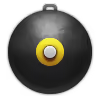 | |||||||
| 3 × | 707.7 kg | 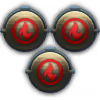 | ||||||
| 1,027 kg | 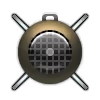 | |||||||







 2 x (115 / 340 / 600) %
2 x (115 / 340 / 600) % 
 2 x 220 %
2 x 220 % 

Flight performance |
|---|
Survivability |
|---|
Weaponry | ||||
|---|---|---|---|---|